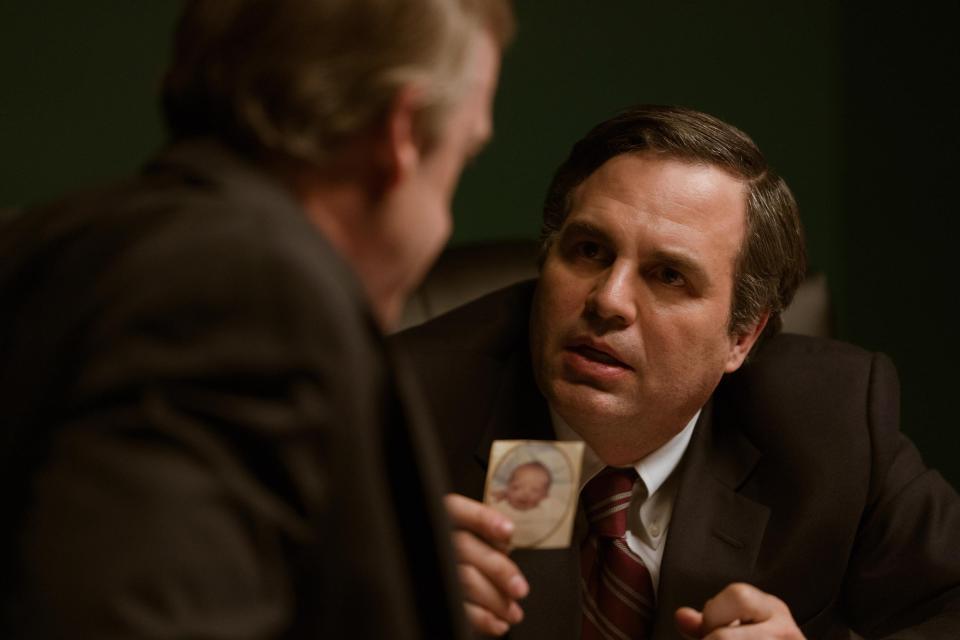Mark Ruffalo stands alone in underbaked Dupont drama Dark Waters: Review

If there were any apropos moment for a whistleblower drama, it wouldn’t be wrong to choose 2019. Factually, director Todd Hayne’s latest film spans nearly two decades, from 1998 to recent history — and is based in turn on a 2016 New York Times Magazine piece by Nathaniel Rich — but it belongs to a long tradition of activist storytelling, from On The Waterfront, Serpico, and Norma Rae to more contemporary exposés like Erin Brokovich, Spotlight, and The Report (also coincidentally in theaters this week).
Maybe that’s what makes Dark Waters’ real-life tale of Robert Bilott, an Ohio corporate attorney who turns against his own client, Dupont, when he learns they’re knowingly poisoning the bloodstreams of untold millions with the “miracle product” Teflon, feel so depressingly routine. It’s a decent movie in its own grim, doggedly determined way, and inarguably a story worth telling, but delivered in beats that too often feel both workmanlike and overly familiar.
Which is even odder considering the source: Haynes, one of the most radically original filmmakers of the last quarter-century, is best known for the lush, gorgeously immersive wonder of movies like Carol, Far From Heaven, and Velvet Goldmine. Here, he seems to be working almost entirely in a palette best described as Cincinnati Brown, on a story whose framing doesn’t require much more visual artistry than a standard 60 Minutes segment.
As Bilott, Mark Ruffalo leads with a sort of unflagging anti-charisma, his chin thrust forward in a perpetual bulldog frown and his hair plastered into a corporate-dad side part. (His wife, in many wigs, is played by Anne Hathaway, who spends most of her screen time looking either annoyed or confused.) When a farmer (a hard-jawing Bill Camp) friendly with his grandmother back in West Virginia comes to him with evidence that his livestock are being poisoned by a Dupont dump nearby, Robert wants nothing to do with it.
But of course this would be a very short movie if he didn’t change his mind, and as he begins to investigate — against all encouragement from his wife, his boss (Tim Robbins), and his most important client (Victor Garber) — it’s clear that the company is responsible for much more than gross negligence when it comes to the chemicals contained (or more pointedly, not) in their products.
Other high-caliber actors, including Bill Pullman and Mare Winningham, come and go in too-brief roles, and Ruffalo has one fiercely affecting scene near the end with Dupont’s CEO that nearly justifies the whole thing. There’s something to be said, too, for a whistleblower movie that doesn’t swerve directly into simple absolution at the end. But these Waters never quite run as strong or as deep as they should. B–
Related content:
